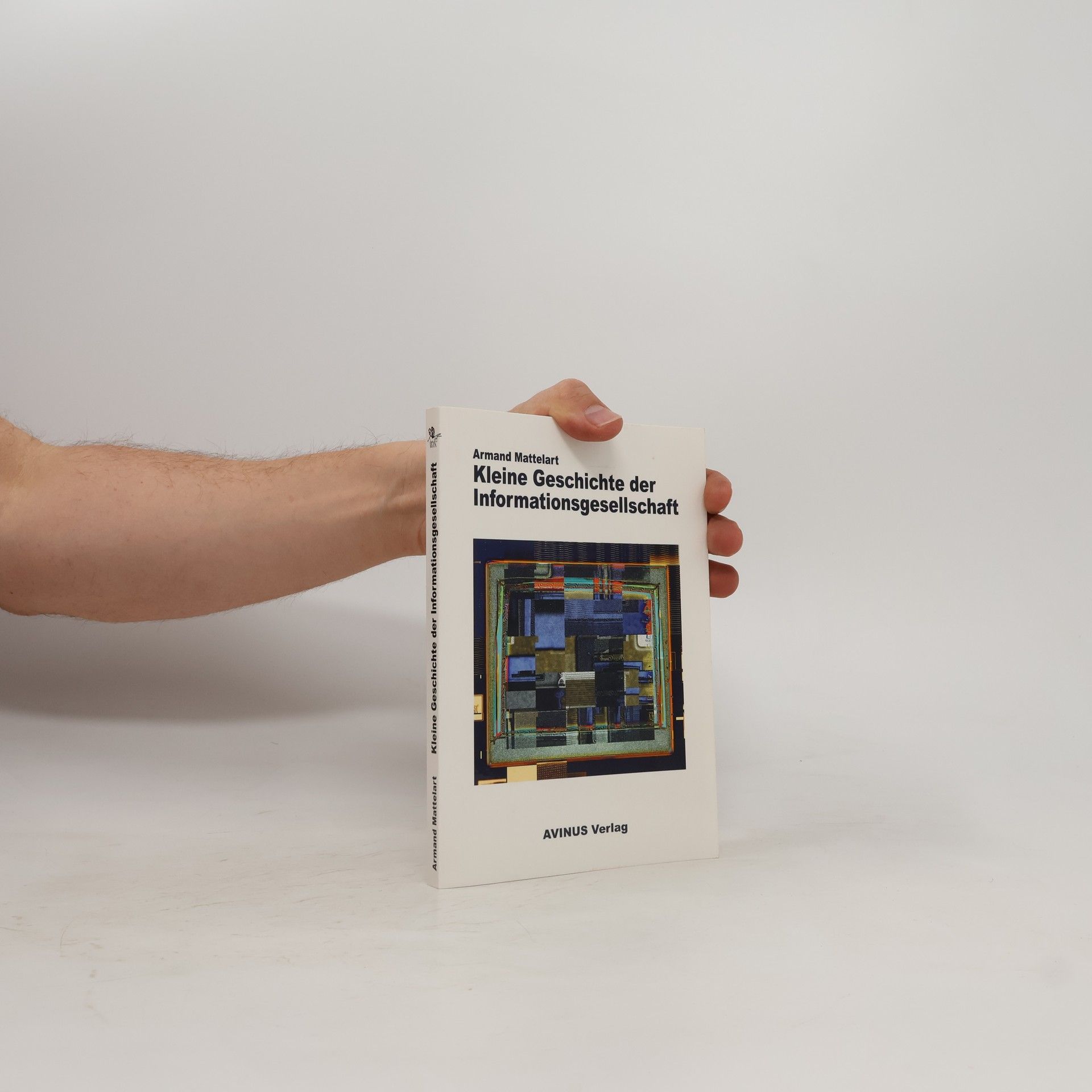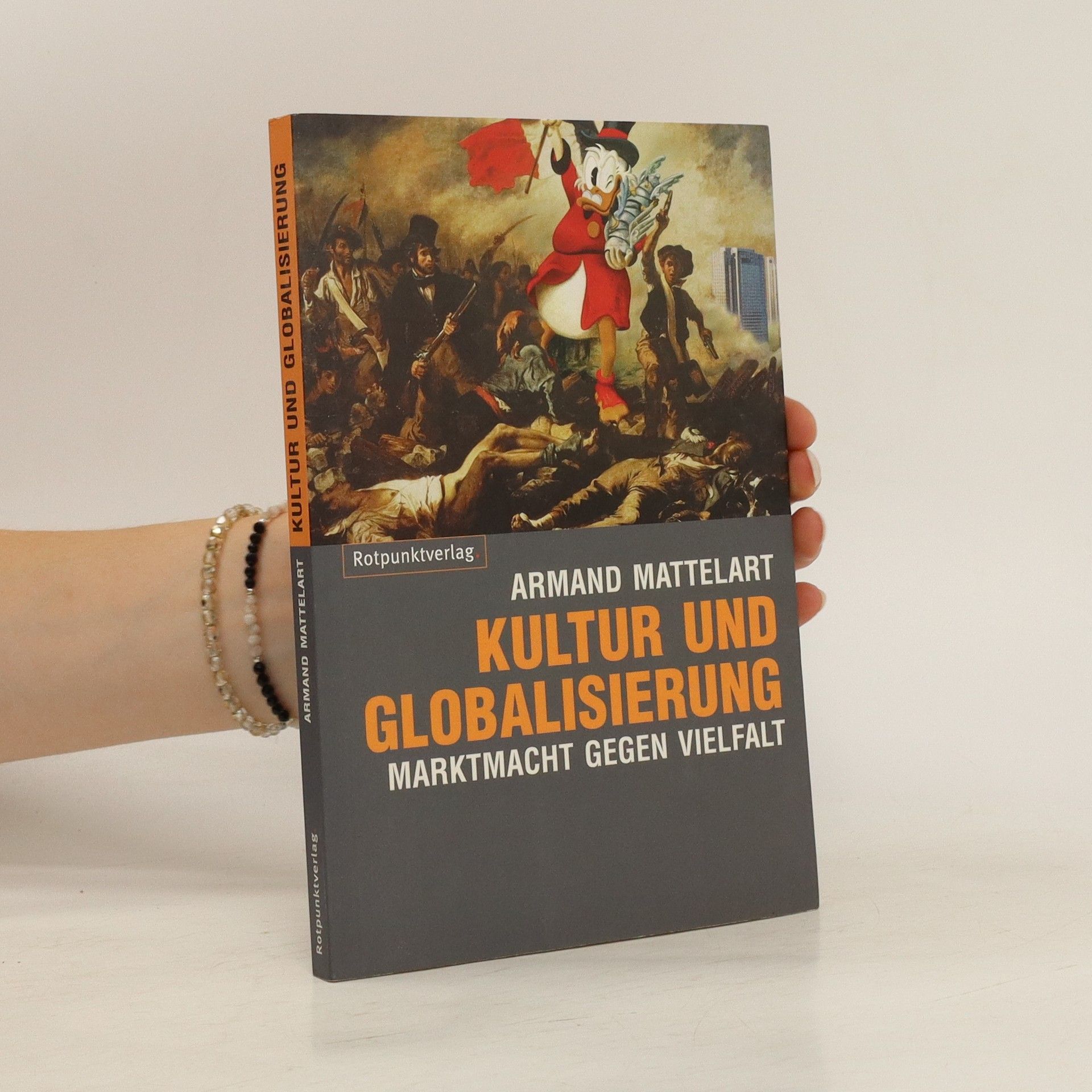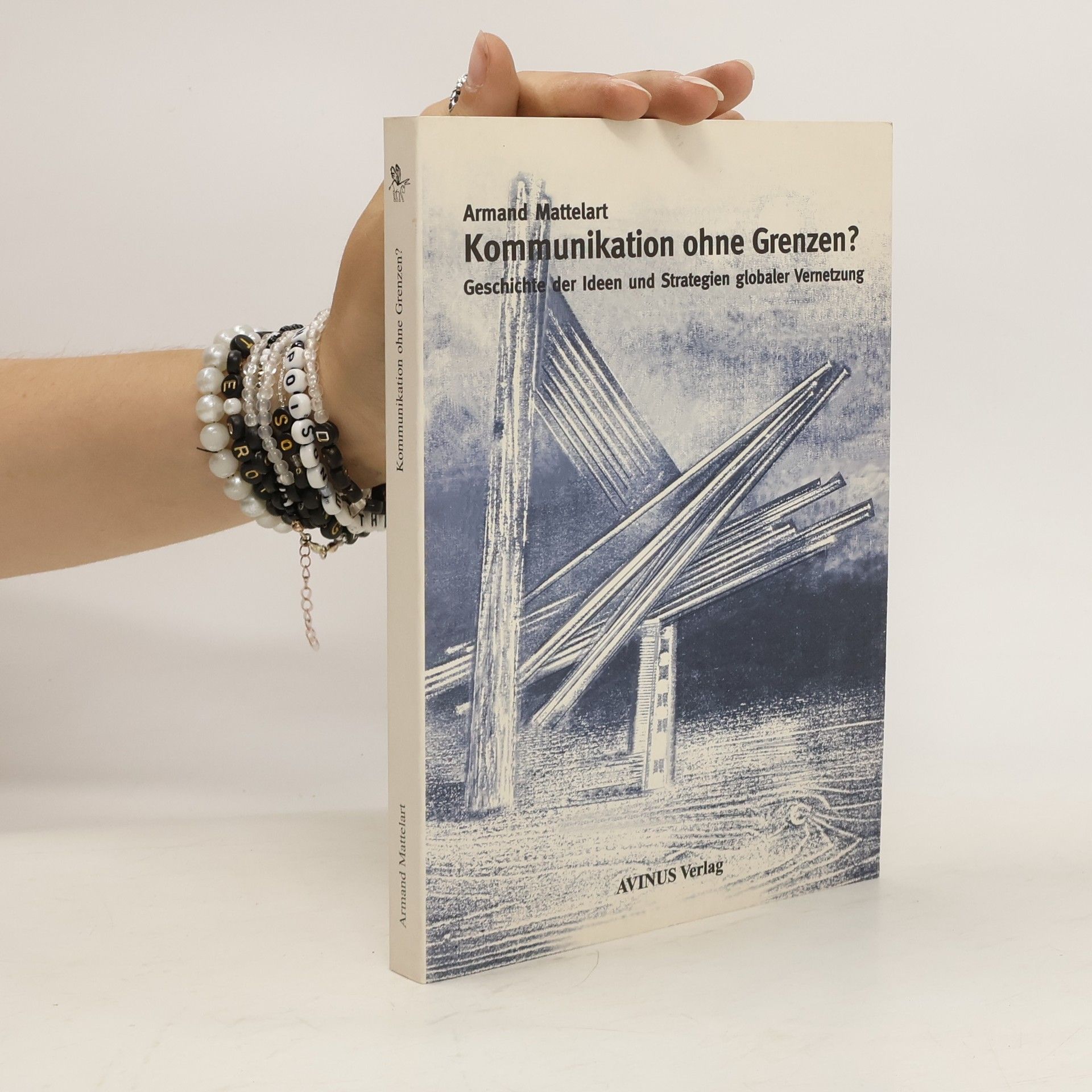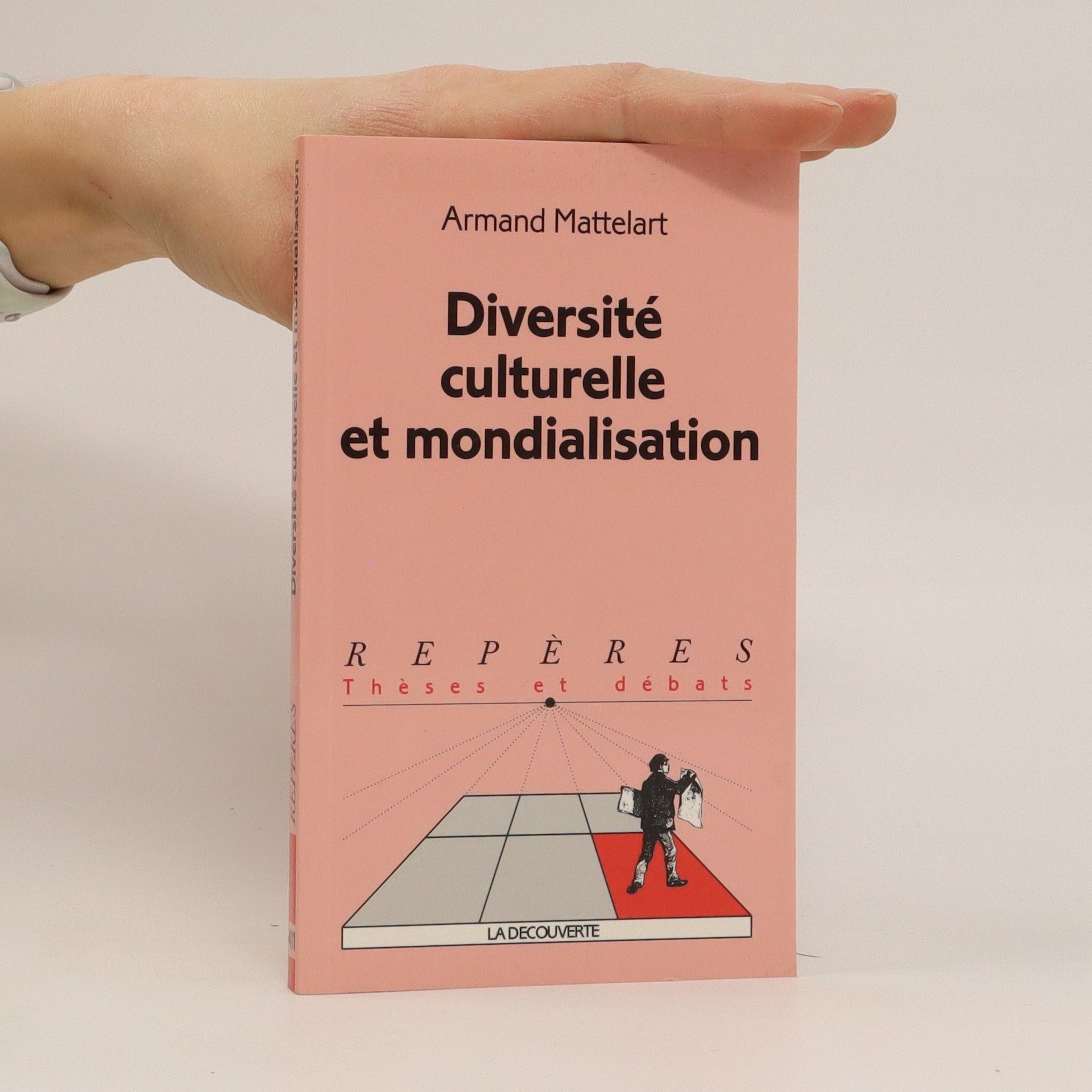Diversité culturelle et mondialisation
- 122pages
- 5 heures de lecture
La mondialisation des industries culturelles a projeté les " produits de l'esprit " au cœur des négociations sur la libéralisation des échanges. Le thème de la diversité culturelle, longtemps tenu en lisière, a fait une entrée remarquée dans les grandes instances internationales. La préservation de la diversité doit-elle être du ressort des politiques publiques ou peut-elle se satisfaire de la multiplication de l'offre marchande de biens et services ? L'idée même de diversité culturelle recouvre des réalités et des positions contradictoires. Axe critique du nouvel ordre mondial, elle est au principe d'une démocratie-monde. Mais elle est aussi la caution du nouveau mode de gestion du marché global. Quel est le lien entre exception et diversité culturelle ? Pourquoi l'Union européenne a-t-elle troqué la première pour la seconde ? S'agit-il seulement d'assurer la possibilité à chaque ensemble culturel de produire ses propres images ou d'aller au-delà et de légitimer une nouvelle philosophie générale qui soustraie les biens communs de l'humanité à la loi du libre-échange ?




